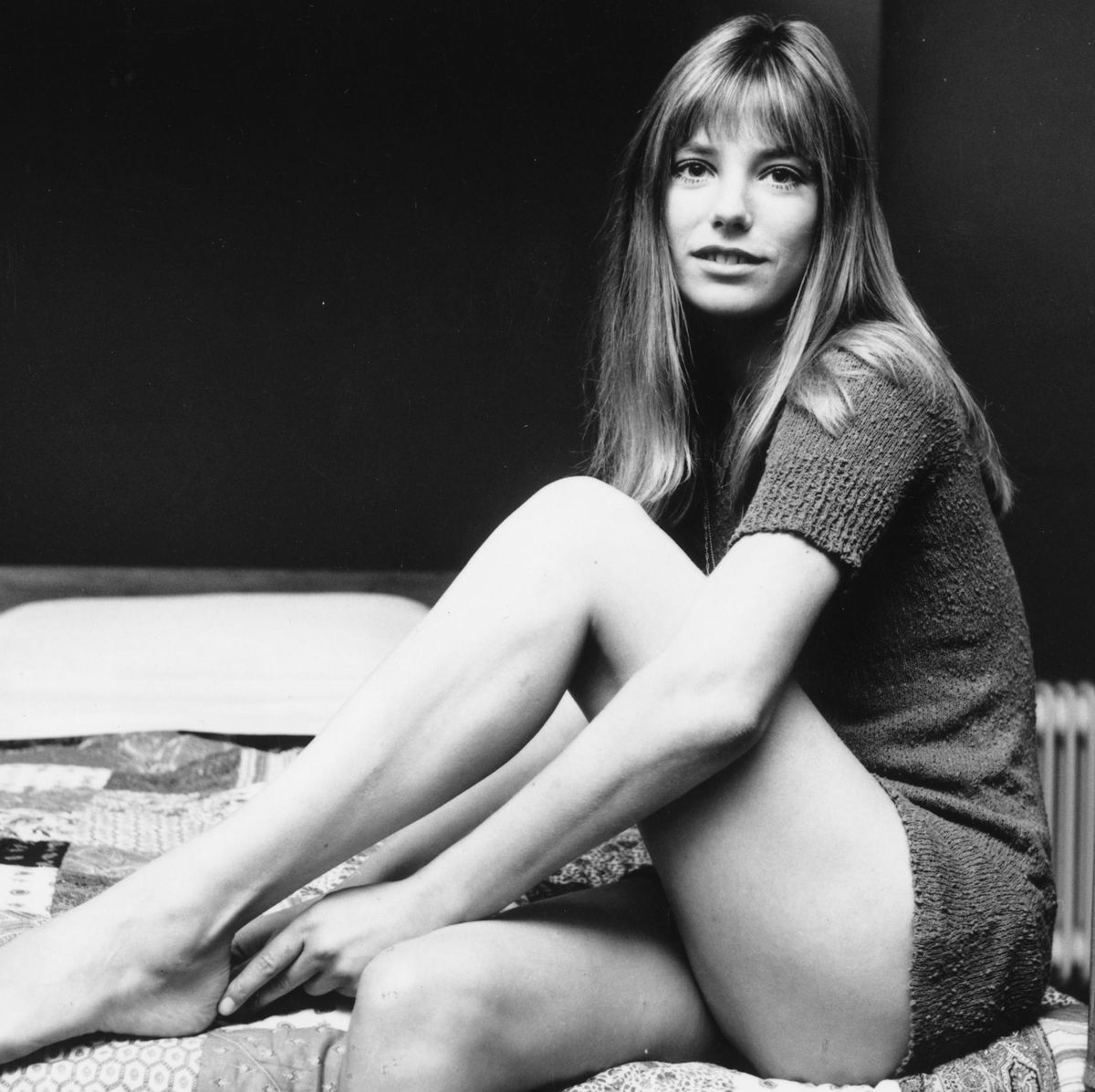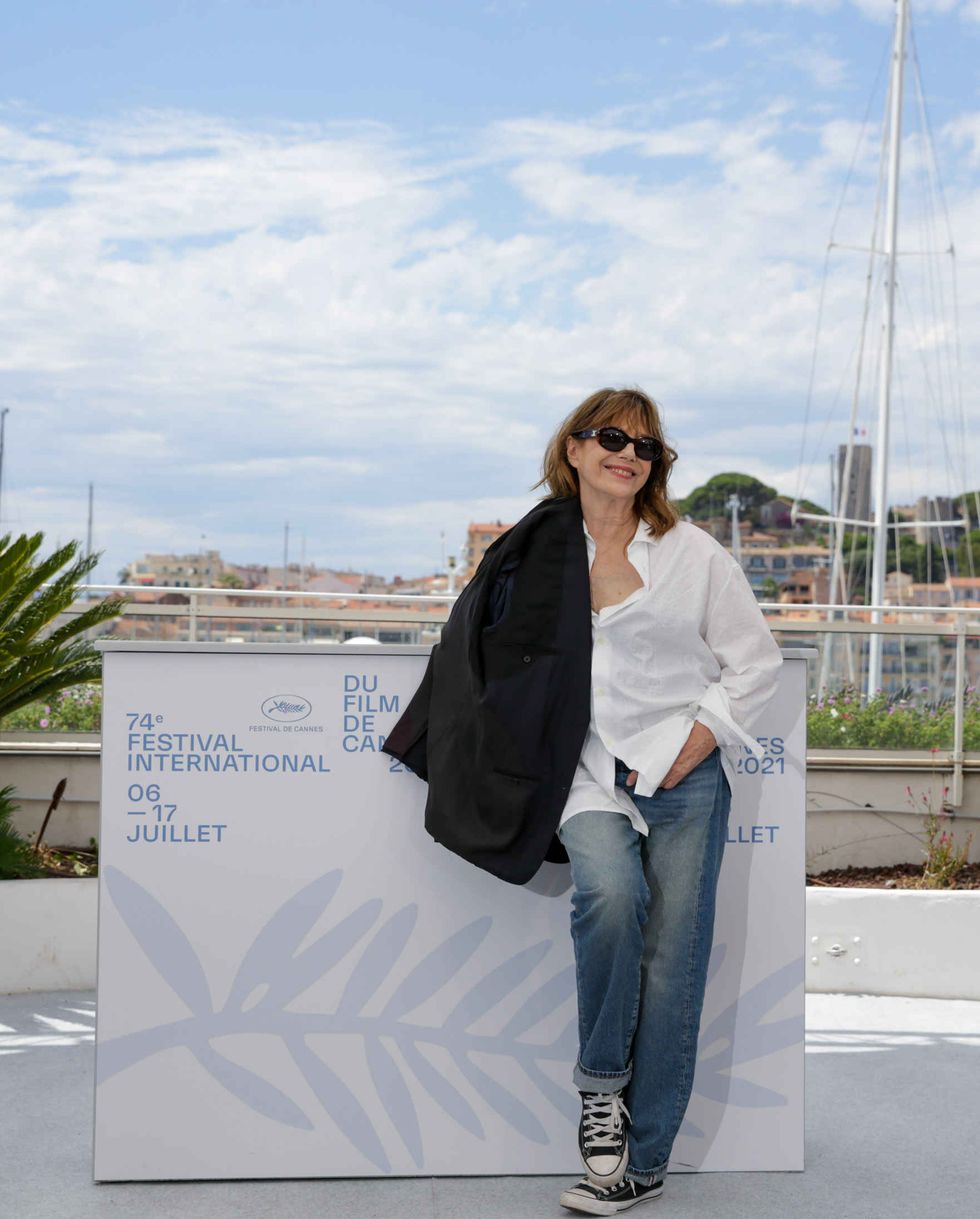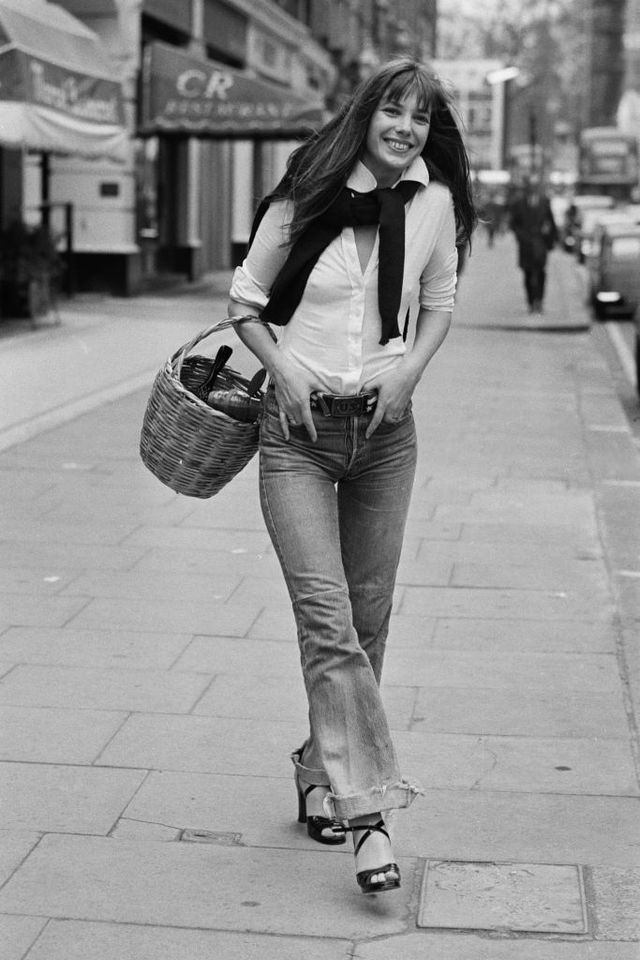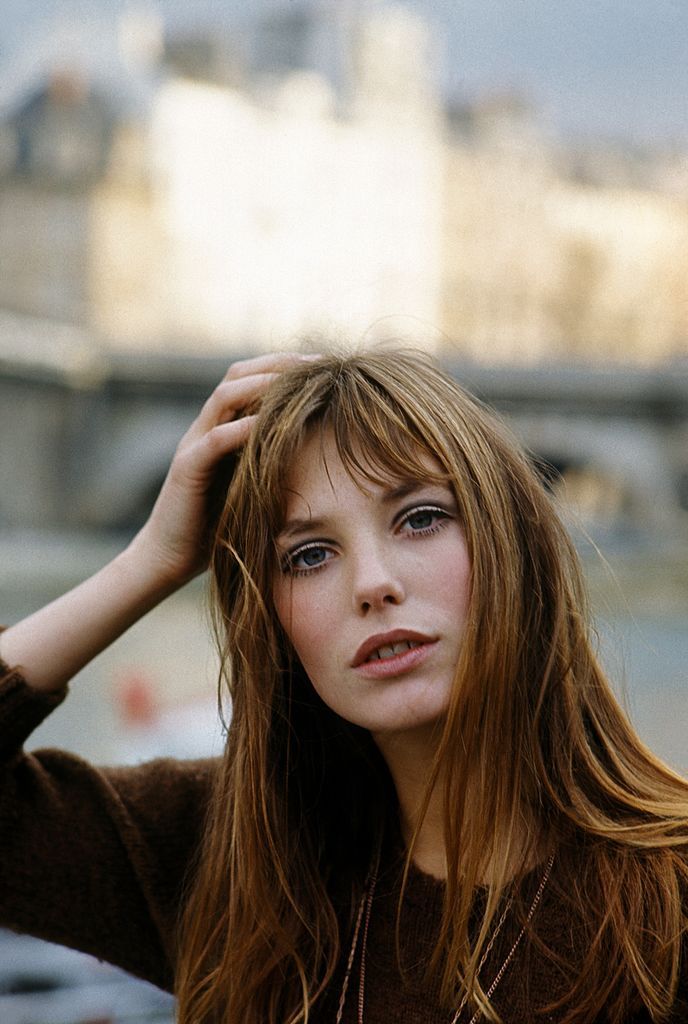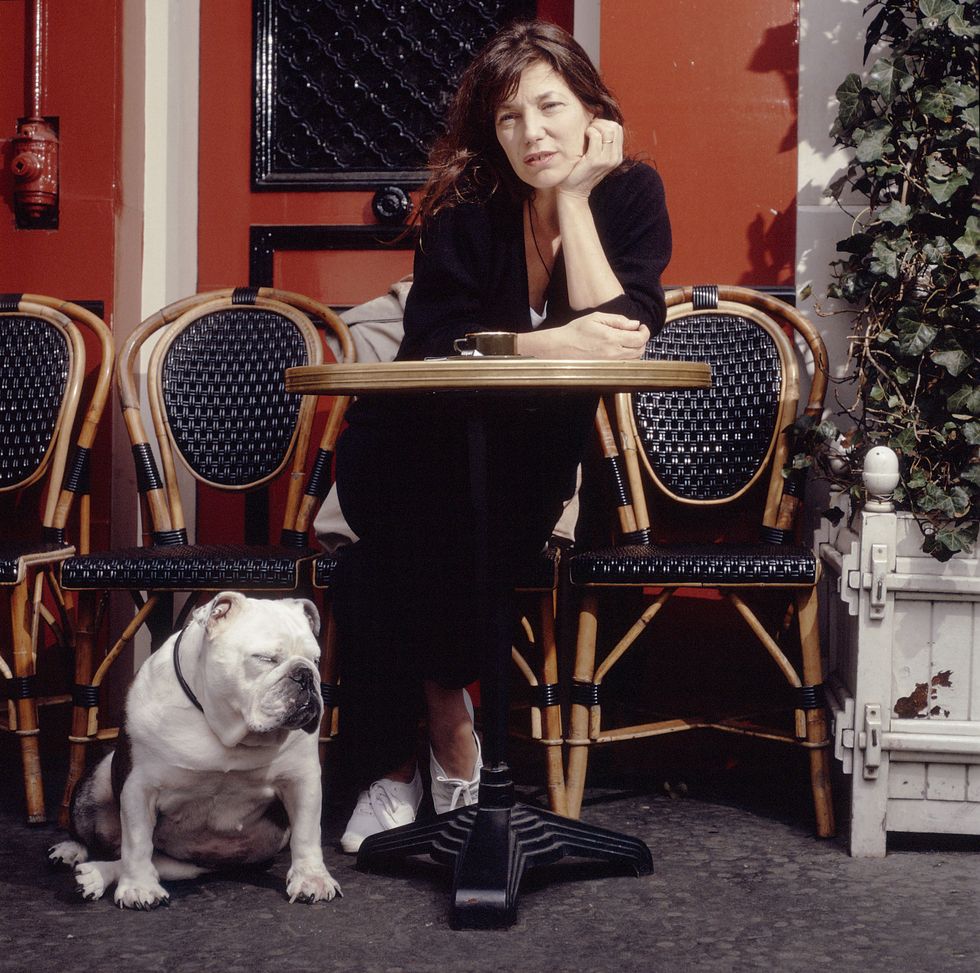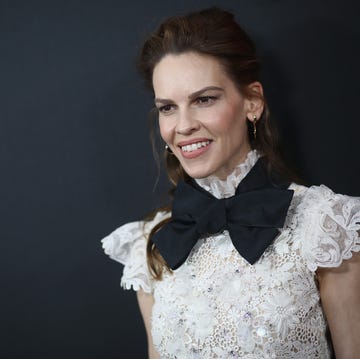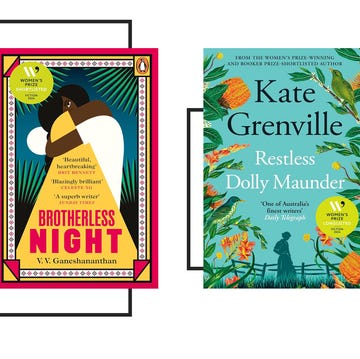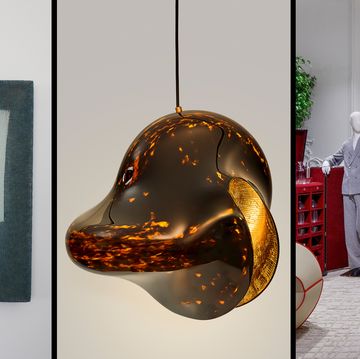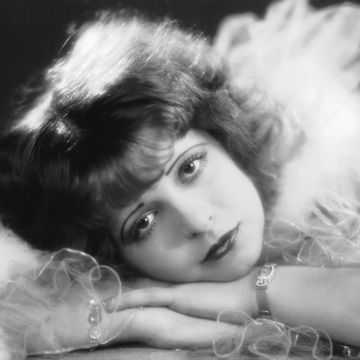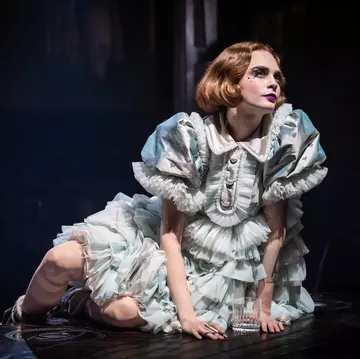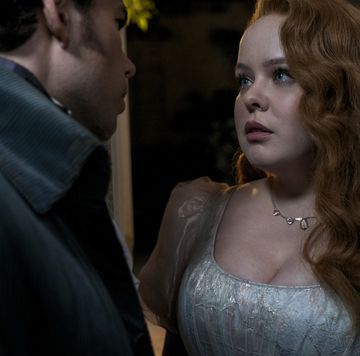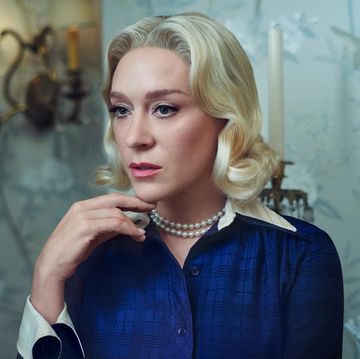Jane Birkin, the actress, singer and fashion icon, has died aged 76. Despite being English-born (known affectionately as “the petite anglaise”) she will forever be known as the woman who embodied Parisienne chic, whose love affair with Serge Gainsbourg defined a certain brand of je ne sais quoi in the 1960s, and the eternally fashionable soul who lent her name to one of the most-desired handbags in the world.
Tributes have poured in following the news of her death. Though born in London, Birkin spent almost all of her life in Paris, and is incontrovertibly associated with the city. Indeed, she was awarded both an OBE and the French Ordre National du Mérite in her lifetime. French President Emmanuel Macron was one of the first to comment on her passing, saying: “Jane Birkin was a French icon.” Brigitte Bardot, a friend and former co-star of Birkin said beautifully: “When you’re so pretty, so fresh, so spontaneous, with the voice of a child, you haven’t got the right to die.”
On Sunday 16th July, Birkin was found unresponsive at her home in Paris by her caregiver. She had recently cancelled tour dates citing ill health, had suffered from a stroke in 2021 and had battled leukaemia since the early noughties. Despite this, as recently as last year, she said in an interview: “All around me people are falling like ninepins. I just feel very lucky to be able to walk down the street and do my own shopping and be independent.”. She was indeed still performing and released her most recent album three years ago.
Jane Birkin was born in 1946 in London, to an actress mother and military father. Her early life was happy, her school years – during which she has said she was cruelly bullied – less so. Her first marriage, to the film composer John Barry, was short-lived, when he unceremoniously left her shortly after she fell pregnant with their daughter, Kate Barry (the fashion photographer, who passed away in 2013). It was during her marriage to Barry that Birkin took on one her first, and most controversial, film roles, as a nude model in the cult 1966 film Blowup. In 1969, she acted in the French film Slogan (despite speaking very little French). “Without my accent, I would have had a different career,” she said in 2017. “The French gave me a real gift in accepting me very quickly. They found me amusing, in large part because of my accent and the mistakes I made in French. It’s no doubt one of the reasons I never sought to improve it.”
There she met and fell in love with her co-star Serge Gainsbourg. It was a film, and a meeting, which would change the course of her life inconvertibly. Not only would this mark the beginning of her career in French cinema (she would go on to take roles in such classics as La Piscine and If Don Juan was a Woman) but her 12-year partnership with Gainsbourg- artistically as well as romantically- would relocate her permanently to Paris, and would go on to define her.
Despite their split in 1980, the eternal entwinement of Birkin and Gainsbourg was something Birkin said, as recently as 2017, that she cherished, rather than chaffed against: “Serge reconciled me with myself. When a man loves you, it changes everything.” The couple would come to personify the liberal, erotically charged atmosphere of the Swinging Sixties and how that spirit came to play out in Paris. They would famously party all night and come home in time to wake up their children (Kate, from Birkin’s first marriage, and their daughter Charlotte) in time for school.
Birkin latterly called it her “fantasy” life. They were the ‘It’ couple of the day; recording and filming together as well as producing the controversial song Je t’aime…moi non plus, which was banned in several countries and was not allowed on French airways before 11pm.
After her relationship with Gainsbourg, Birkin would find love again with the French film director Jacques Doillon, with whom she had her third daughter, Lou. She would continue to act – featuring in more than 70 films – and to sing. She released 14 studio albums and six live albums during her career and was still touring well into her seventies. She was also a humanitarian – working consistently with Amnesty International, specifically on refugee issues and the AIDS epidemic. She was frequently an outspoken feminist and advocate for LGBTQ+ rights and had last been seen showing her support for the women’s protests in Iran last year.
Yet, if it is with Gainsbourg (and his music, which she still performed for decades after their separation) to whom Birkin will be forever associated, it is her individual style which made her an undisputed icon. The image of Jane Birkin – her androgynous figure, doe eyes and fringed hair in a mini dress with one of her iconic basket bags – has become recognised shorthand for chic. Though she was not born French, she arguably did more to establish the existing code for Parisian style than any French woman. Her insouciant way of wearing white t-shirts and jeans, her tiny mini dresses (that would frequently get her turned away from restaurants in the 1970s) and her playful adoption of masculine tailoring have all contributed to her status as one of the most enduring style icons of all time.
Her name will, of course, endure in more ways than one; having lent itself to the Hermés bag which has become one of the most expensive and sought after in the world. The ‘Birkin’ came about after a chance meeting with Hermès chief executive Jean-Louis Dumas on a flight to London, during which she spilt the contents of her bag, resulting in her describing to Dumas the type of bag she really needed, but could never find. He quickly sketched something for her – which would go on to become the Birkin bag.
It is a moment that epitomises the character of Jane Birkin’s life and indeed her own view of it. In 2017 she said: “Accidents are the best things in existence. They force you to leave a route that seemed to be mapped out, and it’s often when you branch out that you meet some incredible guy who changes your life or an unusual project that turns your career on its head. It’s often when things aren’t going well that we are forced into doing them differently and they suddenly become interesting.”
Jane Birkin is survived by her daughters, the actress and singer Charlotte Gainsbourg and the model, actress and singer Lou Doillon.
